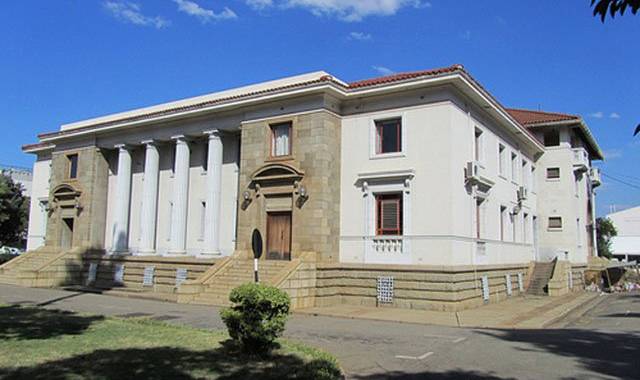
The Sunday Mail

Veronica Gwaze
Harare City Council has once again set itself on a collision course with residents after extending a US$100 million begging bowl for ambitious infrastructure projects whose financing is expected to be met by ratepayers.
The local authority is seeking permission to borrow the loan in the form of Municipality Bonds to be repaid over 10 years through coffers pooled from residents when they settle various utility bills. The Sunday Mail understands that the local authority will use $30 million of the loan to rehabilitate Jo’burg Lines in Mbare, Geneva and Zororo flats in Highfield and some council accommodation facilities in Tafara.
On the plan is the upgrading of Lyndhurst Sewer Treatment Plant for $25 million to cater for the Eastern Suburbs while at least $15 million will be used to replace 200km of water pipes and $10 million for the upgrading of 150km of sewer lines across the city. At least $5 million is earmarked for the construction of a maternity clinic in the city centre with another $5 million being used to upgrade Kuwadzana, Hopley, Budiriro and Hatcliffe polyclinics.
The local authority wants to use $5 million for construction of flea and home markets while $5 million will go towards purchasing water meters.
Acting Town Clerk Mrs Josephine Ncube recently made a notice for objection or representation to the borrowing “in terms of Section 290(3) (a) of the Urban Council’s Act (29:15) (that) council resolved to borrow a sum not exceeding US$100 by way of municipal bonds.”
Harare Residents’ Trust Director Mr Precious Shumba said the city council had an insatiable desire to borrow expensive money at the expense of the ratepayers.
“Seeking borrowing powers is a clear testimony of the failure of their internal systems of accountability,” he said.
“Transparency has always been debatable within the council which has become characterised by inflated prices in most cases.”
Harare City Council has in the past been blamed for piecemeal projects whose implementation is not carried to the end despite huge sums of money being set aside for the exercises. According to a 2016 audit report by the then Auditor-General Mrs Mildred Chiri, a number of projects were undertaken by council at the expense of residents.
The council used US$250 000 to construct a commuter omnibus holding bay along Coventry Road, which has since been abandoned.
In 2015, there was an uproar from residents after the local authority splashed US$600 000 on two street mechanical sweepers estimated to cost less than $100 000.
Harare City Council has also abandoned projects which include solar street lighting, solar traffic lights, street cameras in the Central Business District, full roll-out of the prepaid water meters and is lagging behind on the US$144 million water upgrading exercise.
Urban Planning Analyst, Mr Nyasha Mutsindikwa said the local authority had good ideas, but the costing and implementation was worrisome.
“It is good that they want to trigger infrastructure development, however there is need for transparency, accountability and thorough assessment to evaluate if these will be viable projects,” he said.
Harare corporate communication manager, Mr Michael Chideme was adamant the latest projects will generate revenue for the city.
“The projects to be funded are viable revenue generating projects which will take between 24-months to five years to complete,” he said.
Combined Harare Residents Association chief executive officer, Mr Mfundo Mlilo said there was need for council to streamline its projects to avoid conducting numerous programmes at the same time.



